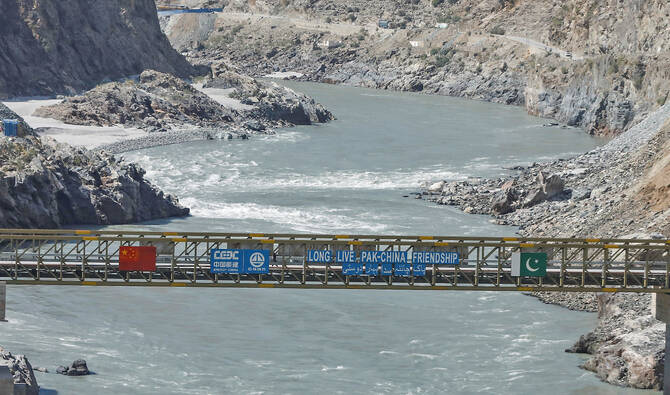Facing climate threats and the suspension of the Indus Waters Treaty by India, Prime Minister Shehbaz Sharif has vowed to accelerate the construction of water reservoirs across Pakistan.
India’s Treaty Suspension Sparks Alarm
India suspended the decades-old, World Bank-brokered treaty in April 2025. The decision followed a militant attack in Kashmir that killed 26 people. Blaming Pakistan for the incident, New Delhi stated it would not resume cooperation unless Islamabad ended alleged cross-border support for militancy. Pakistan rejected the claim and demanded an impartial international probe.
Sharif Highlights Water as a National Security Issue
While visiting the National Disaster Management Authority (NDMA) in Islamabad, Sharif said the government viewed India’s actions as a serious threat. “The enemy has certain evil designs,” he warned, adding that water could be used as a weapon against Pakistan. In response, he announced the government would fast-track “non-controversial” water storage projects aligned with the national water accord.
Read: Quad Demands Justice for Pahalgam Attack, Avoids Naming Pakistan
Legal Win in The Hague
Sharif also welcomed a recent ruling by the Permanent Court of Arbitration in The Hague, which rejected India’s legal attempt to halt the treaty. He called the verdict a diplomatic win and urged unity in strengthening Pakistan’s water security infrastructure.
Strengthening Climate Resilience
With monsoon rains already causing over 50 deaths, the prime minister emphasized the NDMA’s critical role in disaster preparedness. However He called for enhanced public alert systems in collaboration with the Pakistan Telecommunication Authority (PTA) and highlighted the need for real-time data sharing through the National Emergencies Operations Center.
Praising NDMA’s Response and Global Missions
Sharif commended the NDMA for its efficient emergency responses, including relief missions to Türkiye and Myanmar. He stressed that building resilient infrastructure and accelerating dam projects is no longer optional—it is essential for Pakistan’s survival in an increasingly unstable climate and political landscape.
Follow us on Instagram, YouTube, Facebook,, X and TikTok for latest updates
